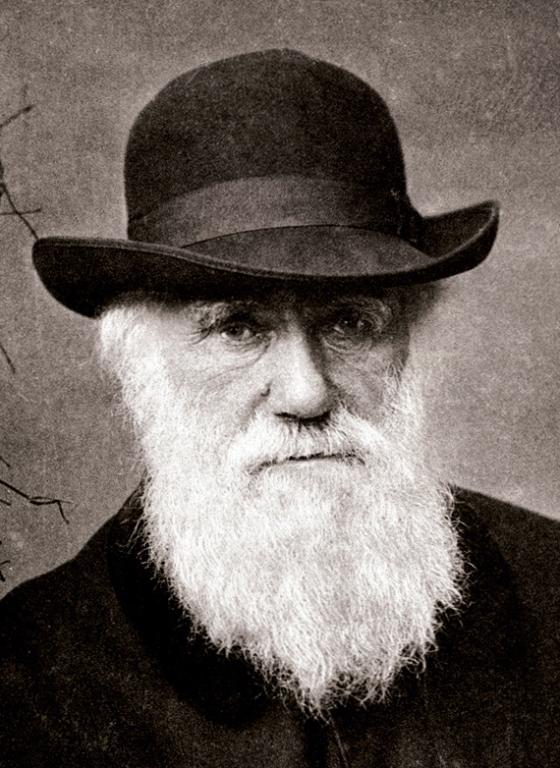
Some notes from (as usual) an incomplete manuscript:
In Charles Darwin’s 1876 autobiography, he wrote:
Another source of conviction in the existence of God, connected with the reason, and not with the feeling, impresses me as having much more weight. This follows from the extreme difficulty or rather impossibility of conceiving this immense and wonderful universe, including man with his capacity of looking far backwards and far into futurity, as the result of blind chance or necessity. When thus reflecting I feel compelled to look to a First Cause having an intelligent mind in some degree analogous to that of man; and I deserve to be called a Theist. This conclusion was strong in my mind about the time, as far as I can remember, when I wrote the “Origin of Species;” and it is since that time that it has very gradually, with many fluctuations, become weaker. But then arises the doubt, can the mind of man, which has, as I fully believe, been developed from a mind as low as that possessed by the lowest animals, be trusted when it draws such grand conclusions?[1]
Darwin spoke of his
inward conviction that the Universe is not the result of chance. But then with me the horrid doubt always arises whether the convictions of man’s mind, which has been developed from the mind of the lower animals, are of any value or at all trustworthy. Would any one trust in the convictions of a monkey’s mind, if there are any convictions in such a mind? [2]
Once again, he remarked in a letter [to whom?] dated 28 August 1881,
if we consider the whole universe, the mind refuses to look at it as the outcome of chance—that is, without design or purpose. The whole question seems to me insoluble, for I cannot put much faith or any faith in the so-called intuitions of the human mind, which have been developed, as I cannot doubt, from such a mind as animals possess; and what would their convictions or intuitions be worth?[3]
But surely this is rather strange. If the human mind cannot be trusted when it reasons about the possibility of cosmic design or the existence of an intelligent first cause, on what grounds can it be trusted when it reasons about the origins of species or the descent of humankind? If the verdict of the mind regarding God must be mistrusted because of the mind’s biological origins, how can the mind be trusted to have identified those biological origins? Darwin’s doubts appear to be incoherent and self-contradictory.
[1] T. H. Huxley, ed., Life and Letters of Charles Darwin (New York: D. Appleton and Company, 1898), 1:282. [Find original. Better source?]
[2] Huxley, Life and Letters of Charles Darwin, 1:285. [Find original. Better source?]
[3] More Letters of Charles Darwin (New York: D. Appleton and Company, 1903), 1:395. [Find original. Better source?]











